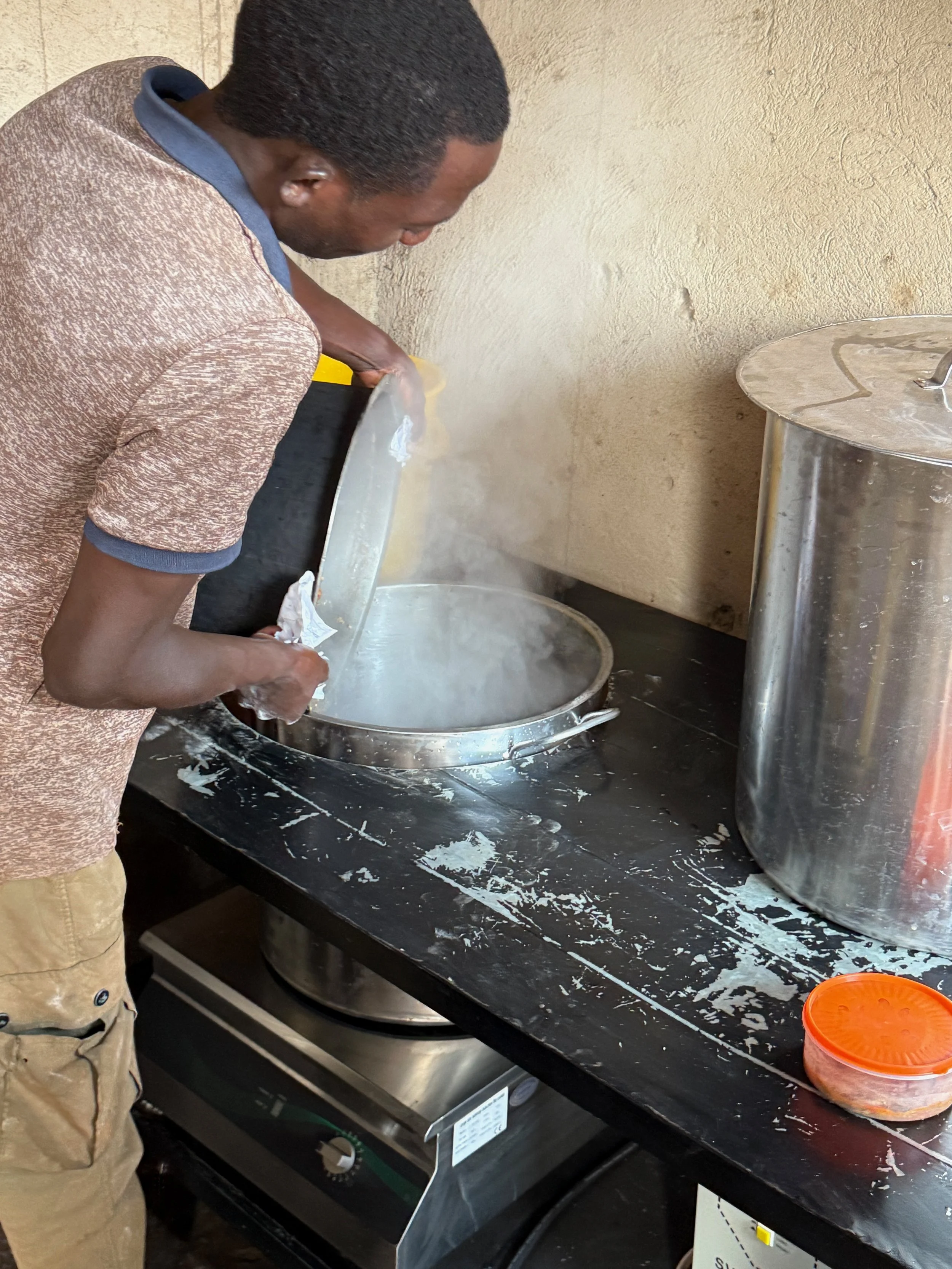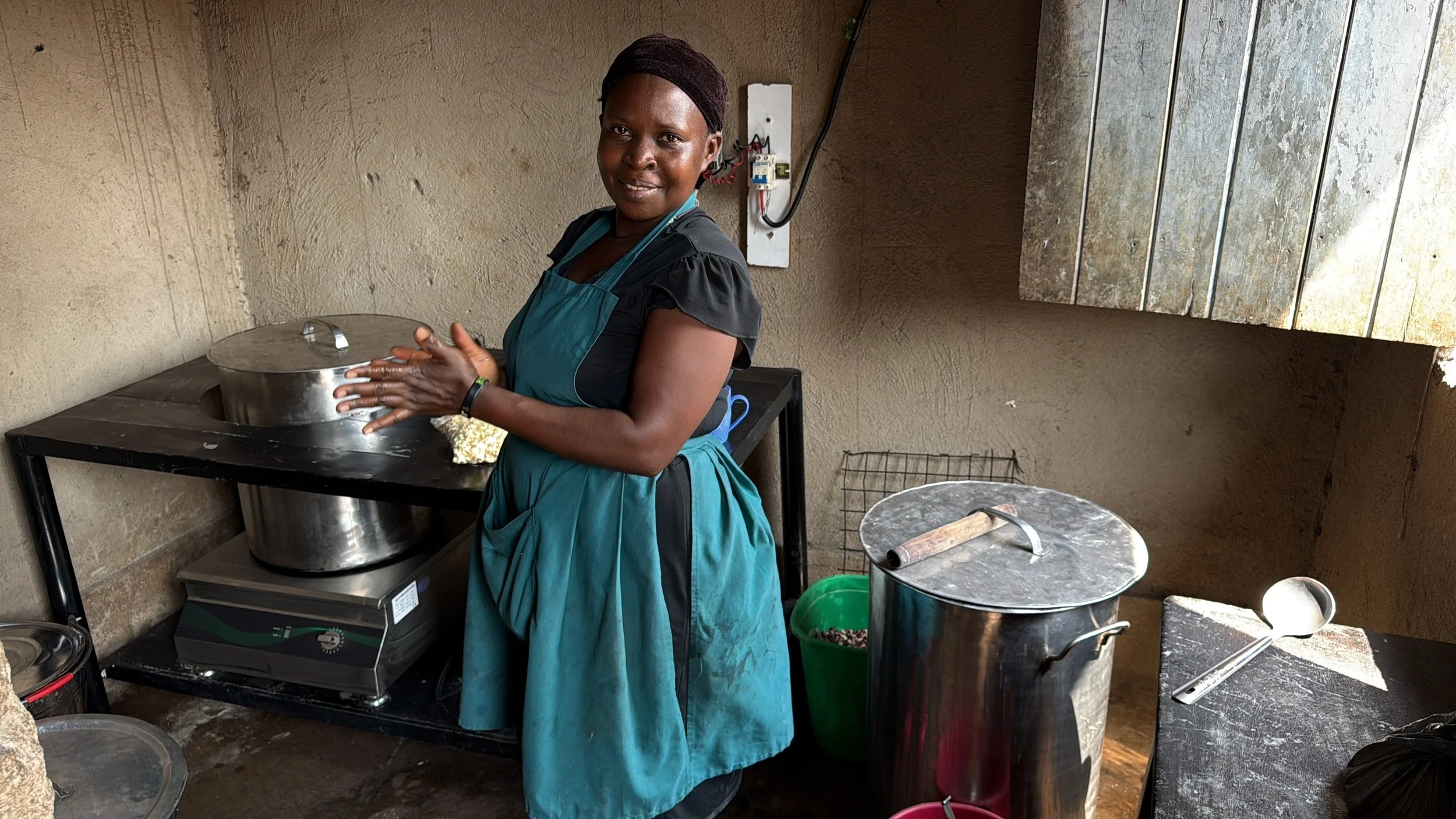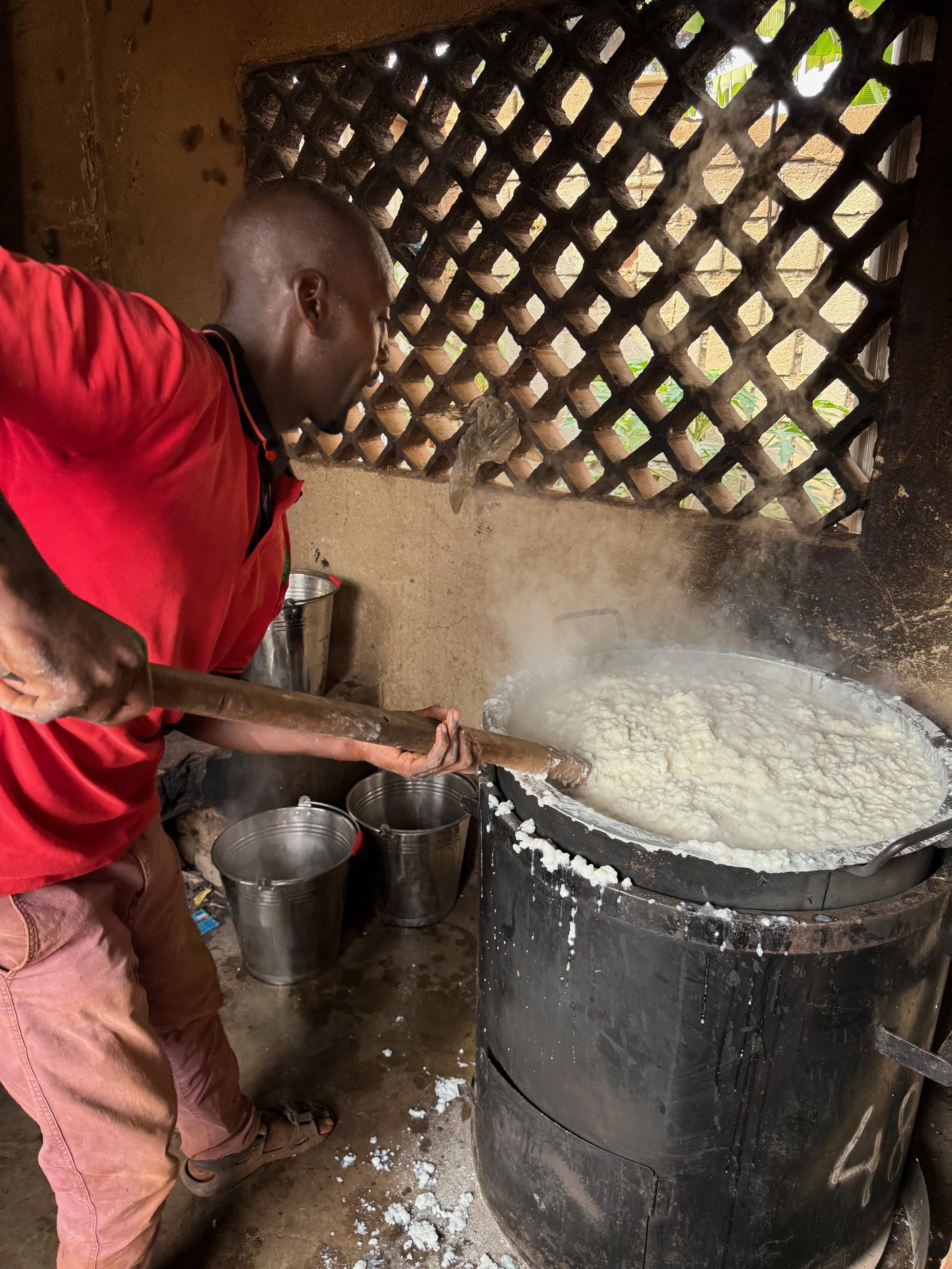For the past two years, several international donors have come into the space of electric cooking transition in Sub-Saharan African countries, with the aim to support governments and projects upscale the transition to cleaner fuels. This current year has seen a special interest to include schools into the picture.
Right now, there is an open call for proposals from MECS with funds from the British High Commission. They have identified 143 schools across Uganda, with the aim of supporting their cooking transitions with electric cooking appliances.
Donor money can significantly improve the efficacy of interventions aimed at changing cooking habits in Ugandan schools by enabling several targeted strategies:
Provision of Resources: Funding can supply improved, energy-efficient cooking stoves, clean cooking fuels, and necessary utensils, making it easier and safer for schools to adopt new cooking practices.
Training and Education: Donor funds can support training for school staff and students on healthy, efficient, and environmentally friendly cooking methods, fostering behavioral change.
Infrastructure Development: Investments in kitchen and sanitation infrastructure can create a supportive environment for sustained healthy cooking habits.
Monitoring and Evaluation: Funding allows for regular assessment of the impact of interventions, helping to refine strategies and ensure goals are met effectively.
Community Engagement: Resources can facilitate outreach programs involving parents and local communities, reinforcing behavioral change beyond schools.
Incentives and Support: Financial incentives or ongoing technical support can motivate continued adherence to improved cooking practices.
Nevertheless, although allocating donor funds into these areas in schools can become a game-changer, strategically for Simoshi this is not the right time to make an application. Understanding the behavioural change involved, the right technology chosen that can sustain that change in the long run takes time to test different approaches until the right way forward has been agreed. And that means collaborating with the schools to better understand their needs and ability to pay for all the costs involved, and how those might be offset.
That is why throughout 2025 Simoshi has been testing induction cookers in two schools that have already been supported for the past five years in their cooking transitions moving away from traditional 3-stone fires to energy efficient cook stoves.
Leading to healthier habits, environmental benefits, and improved educational outcomes is a serious matter, and at Simoshi we do not take such matters lightly. We have been supporting over 100 schools for the past 10 years, and we want to succeed in their cooking journeys as they move up the energy ladder. We are excited for the years to come, as we are successfully testing induction cookers of different capacities. All costing models are looking bright, as the Ugandan government has also announced a need school cooking tariff that makes electricity the most competitive cooking fuel in the country.
We look forward to collaborating with the right donor, when the time is right, as we make sure that everyone involved is in this partnership for the good and long lasting reasons: see schools succeed with their kitchens!



